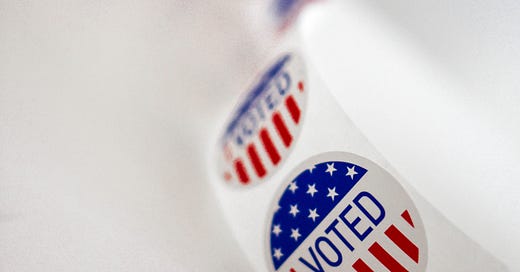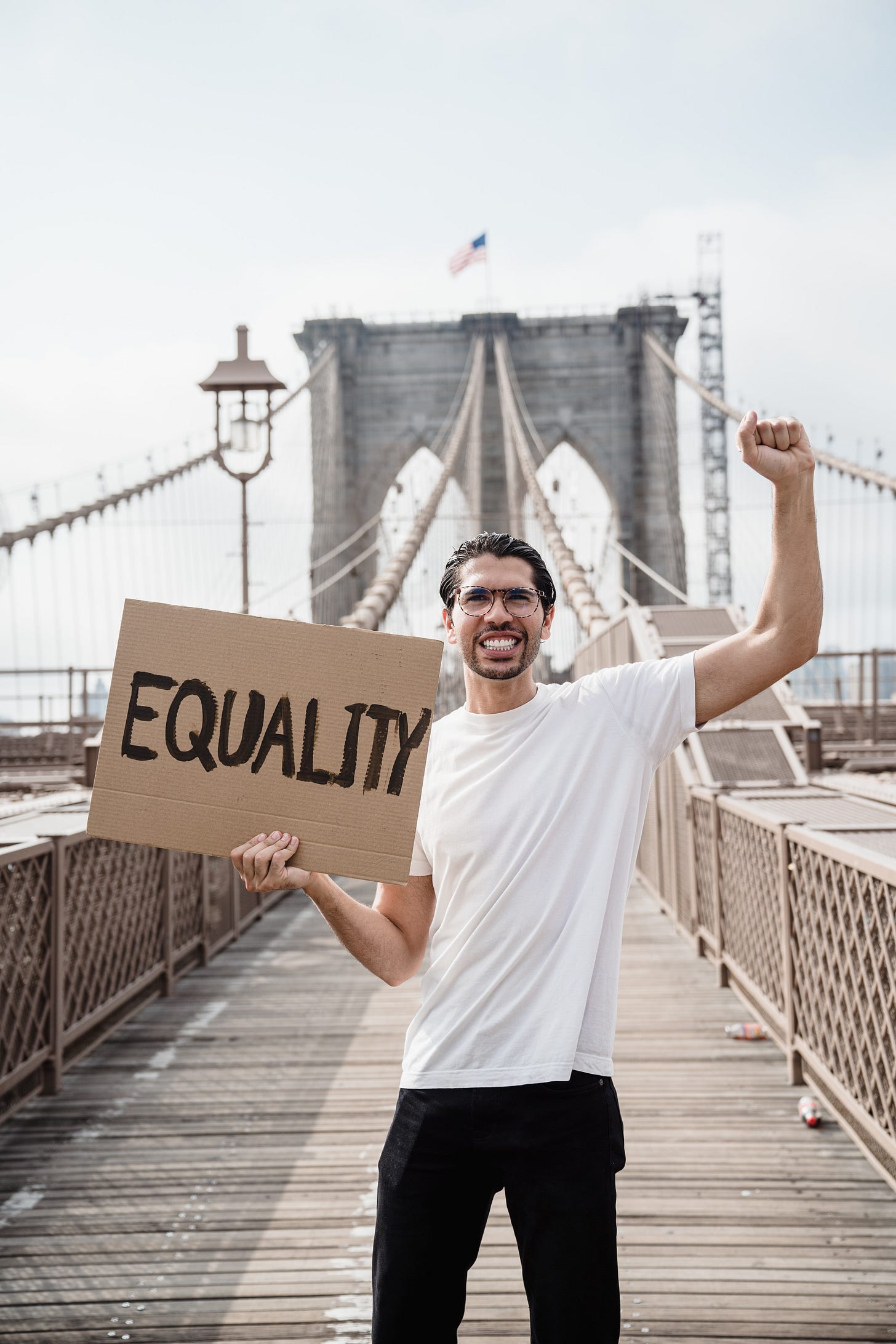Unveiling the Hurdles: Understanding the Complexities of Arab-American Political Engagement
In this series, we delve into the intricate challenges, complexities, and potential solutions surrounding political engagement within Arab-American communities. Our objective is to understand the barriers that hinder their active participation and, more importantly, to explore strategies to empower and mobilize these communities ahead of this pivotal electoral event.
Arab-American voter turnout has historically lagged behind other demographic groups, dampening their collective impact on the political landscape. As the 2024 presidential election approaches, it is crucial to examine the hurdles that fragment Arab-American communities, preventing them from fully leveraging their political power and making a tangible difference in shaping the nation's future.
Through this series, we aim to shed light on the multifaceted nature of these challenges, including language barriers, cultural misconceptions, restrictive voting laws, internal divisions, and the absence of strong leadership. By critically analyzing these issues, we can develop a comprehensive understanding of the factors impeding Arab-American political mobilization.
Our ultimate objective is not only to comprehend these challenges but also to explore effective strategies and potential avenues for change. We will highlight successful initiatives, feature inspiring stories, and engage with community leaders and experts who are working towards mobilizing Arab-American voters. By amplifying these voices, we hope to ignite dialogue and empower communities to take action, ensuring that their concerns and aspirations shape the narrative leading up to the 2024 presidential election.
Join us in this exploration as we explore the challenges, seek solutions, and strive to empower Arab-American communities for the 2024 presidential election and beyond.
Arab-American voter turnout, or the lack thereof, exposes the deep-rooted complexities and hurdles that fragment communities and prevent them from actively making a difference in the political sphere. While voting is hailed as a fundamental right and a catalyst for change, Arab-Americans face numerous challenges that impede their political engagement and stifle their voices. By shedding light on these hurdles, we can begin to understand the intricate web that restrains Arab-American communities from fully participating in shaping their own destinies.
Language barriers have long been a pervasive obstacle, alienating many Arab-American citizens from the political process. With limited access to multilingual voting materials and language assistance at polling stations, significant portions of the community find themselves excluded, struggling to navigate complex ballots and fully comprehend the nuances of candidates and propositions. Consequently, a silent divide forms, reinforcing a sense of detachment and disillusionment among Arab-American voters.
Cultural misconceptions further complicate matters, perpetuating stereotypes that hinder political engagement. Arab-Americans often find themselves grappling with preconceived notions that label their communities as apathetic or disinterested in civic affairs. This biased narrative undermines the significance of their concerns and aspirations. Overcoming these misconceptions requires concerted efforts to amplify Arab-American voices and challenge the prevailing biases that hinder meaningful participation.
Internal divisions within Arab-American communities also pose significant challenges to political engagement. Diverse experiences, political ideologies, and conflicting priorities fragment these communities, diluting their collective strength and hindering effective advocacy. Disagreements over foreign policy, religious affiliations, and cultural identities create fault lines that are exploited, preventing cohesive action and fracturing the potential for a unified voice in the political arena.
Moreover, the absence of strong leadership and unified organizations exacerbates the difficulties faced by Arab-American communities. Without cohesive structures that champion their interests and drive political mobilization, Arab-Americans struggle to build collective power and leverage their voting potential. The absence of strategic coordination and resource allocation further weakens their ability to enact meaningful change.
To overcome these hurdles and empower Arab-American communities politically, comprehensive efforts are required. Language access provisions, including multilingual voting materials and language assistance at polling stations, must be strengthened to ensure inclusivity. Challenging cultural misconceptions demands concerted educational campaigns and media representation that showcases the diversity and vibrancy of Arab-American communities.
A collective commitment to promoting awareness, dispelling biases, and challenging systemic barriers is indispensable in dismantling the obstacles that fragment Arab-American communities.
Additionally, bridging internal divisions requires open dialogue, respectful engagement, and efforts to find common ground. Community leaders and organizations must work toward building consensus on shared goals, leveraging their collective strength, and prioritizing issues that resonate across the diverse spectrum of Arab-American experiences. Unifying their voices can amplify their political influence and ensure that their concerns are heard and addressed.
Only through concerted and sustained efforts can we foster a democracy that truly represents the rich diversity and aspirations of all its citizens, including Arab-Americans.





